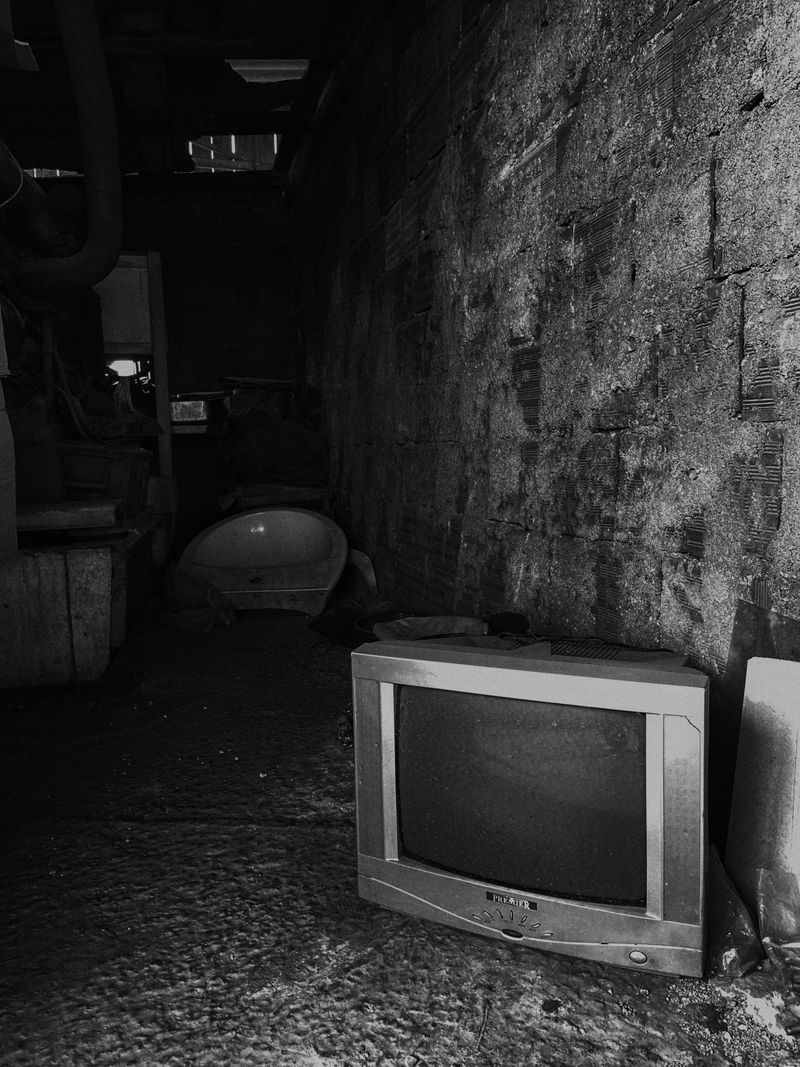Wildfire Smoke Engulfs Parts of Northeast and Midwest United States
On June 7, 2023, parts of the Northeast and Midwest United States were hit by a dangerous haze resulting from wildfires, which is highly unusual for the country’s air quality. However, for many people across the world, this condition is normal. Cities across Asia, Africa and Latin America have been so polluted for so long that air-quality readings like the ones observed in New York state on Wednesday would not be seen as particular cause for alarm. In a prepandemic study, the World Health Organization found that 99 percent of the world’s population lived in places that did not meet its guidelines for healthy air quality, which is a serious concern for our collective future.
The Air Quality Index and Protecting Your Health
Short-term effects of bad air include coughing, congestion, and inflammation. Longer-term exposure can result in liver and brain damage and increase the risk of blood clots that can cause heart attacks. For people with respiratory problems, this poses a significant risk, as high levels of bad air quality can aggravate symptoms. During these times, particularly for people with pre-existing health conditions, it is essential to monitor local air quality through tools like the Air Quality Index (AQI).
The AQI measures five major pollutants regulated by the Clean Air Act: ground-level ozone, particle pollution (also known as particulate matter), carbon monoxide, sulfur dioxide, and nitrogen dioxide. AQI values range from 0 to 500 based on the level of pollutants in the air. Lower AQI values indicate that the air is healthier, while higher values indicate an increased level of health concerns.
Do Masks Work?
When bad air quality persists, people often wonder whether wearing face masks is an effective way to reduce risk. The answer depends on the type of mask you wear and the quality of air. N95 masks are designed to filter out 95 percent of airborne particles, including those that contribute to bad air quality, and they are highly effective. However, the N95 mask must fit correctly to be effective. Lower-quality masks, including those made of cloth, are less effective and typically do not provide adequate protection against dangerous particles found in the air.
The Philisophical Debate of Environmental Ethics
The issue of poor air quality is a debate of environmental ethics, which asks what ethical duties humans have concerning the environment and its effects. Humans have a moral obligation to manage and maintain the world’s natural resources so that future generations can benefit from them as well. Poor air quality is an ethical issue because it affects the fundamental right to live and breathe fresh, clean air. It also warrants urgent and collective efforts from individuals, companies, and governments to address the root causes that contribute to air pollution, including carbon emissions from factories and vehicles.
Editorial: A Call for Collective Efforts to Preserve Our Environment
The worsening air quality around the world is a matter of public concern that requires public participation and collective solutions. Governments should develop and enforce policies that limit carbon emissions from factories and vehicles to protect human health and the environment. Individuals can make lifestyle changes to minimize their carbon footprint, including using public transportation and cycling instead of driving, consuming less meat products, and switching to clean energies.
While we cannot immediately mitigate the impact of decades of environmental degradation, we can correct our current habits and modify them to build a healthier and more sustainable future. We must recognize that collective action by individuals, companies, and governments is the only way to address the issue of air pollution and environmental degradation.
Let us do our part in preserving the planet and working towards a healthier ecosystem for future generations.

<< photo by Janiere Fernandez >>




